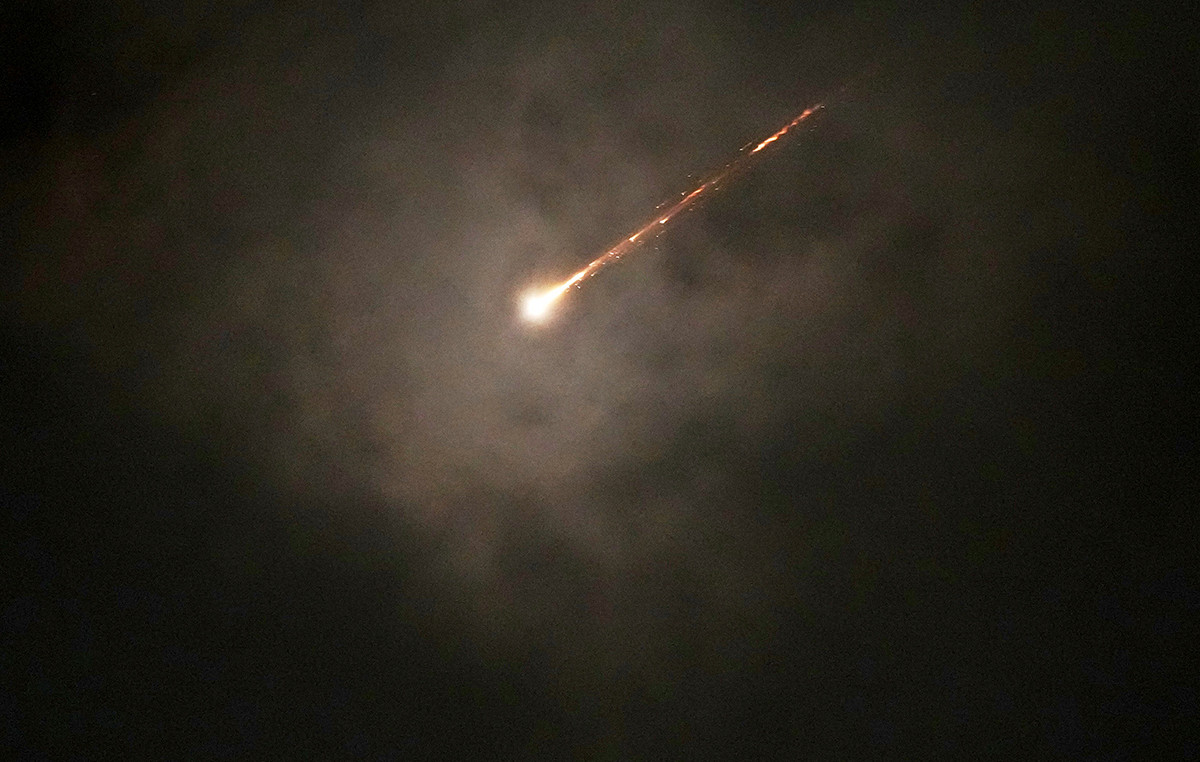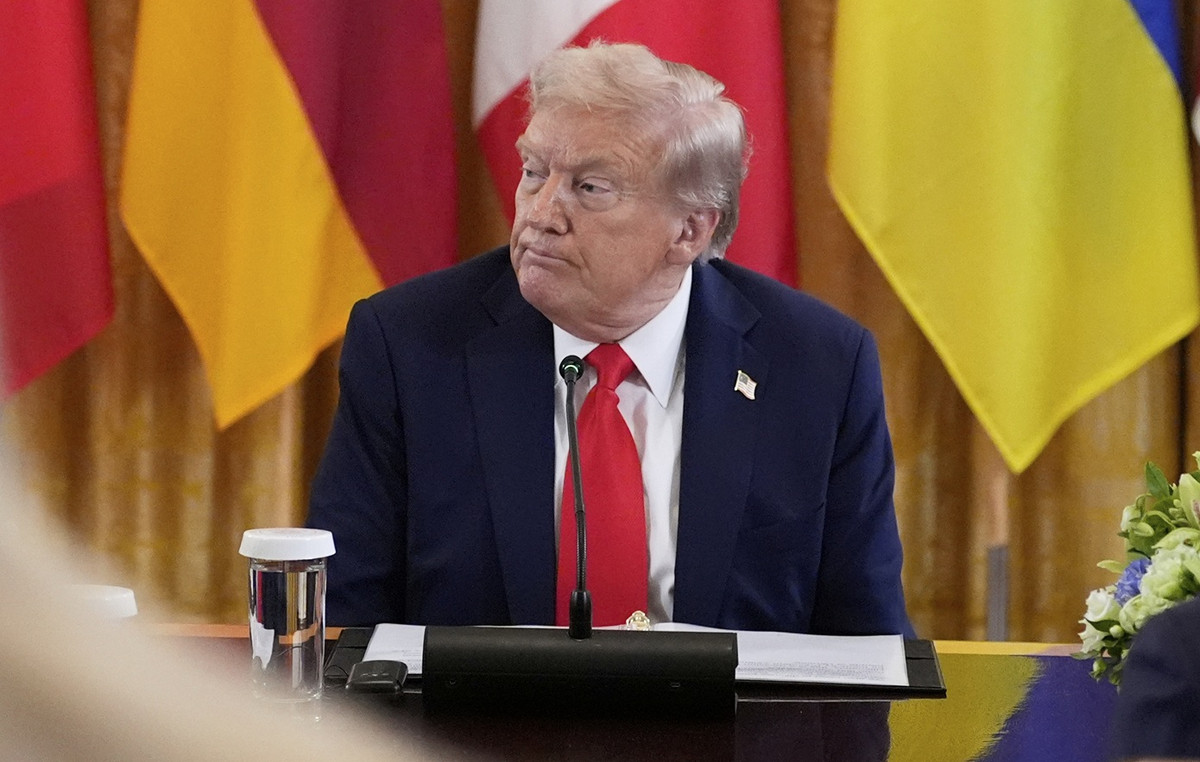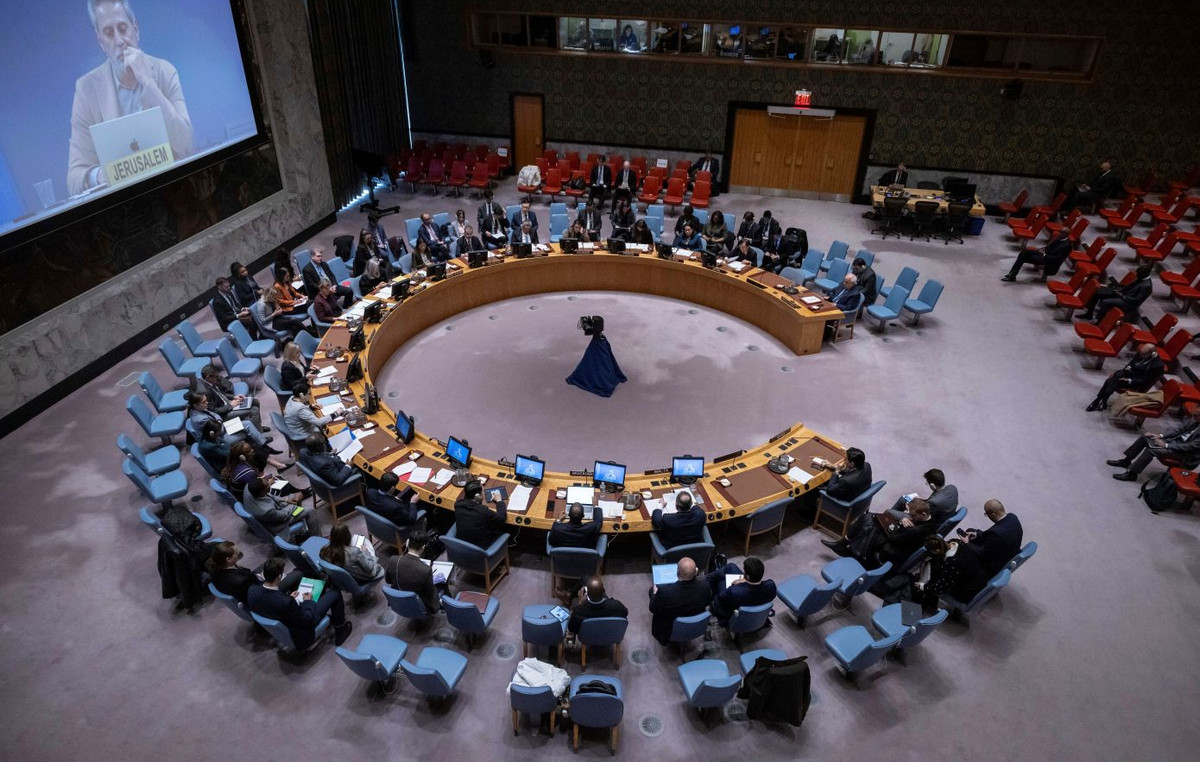The G7 finance ministers and central bankers are likely to agree today and tomorrow to help Ukraine meet its financial obligations in the coming months, but rising inflation, climate change, supply chains and Food crisis is also on the agenda.
These high-ranking officials from the US, Japan, Britain, Germany, France and Italy – the G7 countries – are holding talks as Ukraine, invaded by Russia on February 24, tries to repel the attack. and its financial resources are depleted.
“We have to ensure the liquidity of the Ukrainian state,” German Finance Minister Christian Lindner, whose country holds the rotating presidency of the group, told reporters as he approached the talks. “I am quite optimistic that we will be able at this G7 meeting to raise the funding that will allow Ukraine to defend itself in the coming months,” he said.
“The war in Ukraine χει poses additional risks to the development of the world economy… inflation but also the absence of recovery after the pandemic. So we will have to discuss what we can do together in our respective areas of responsibility to avoid stagnant inflation scenarios.” said Lindner.
The war in Ukraine is changing the game for Western powers, forcing them to rethink decades of relations with Russia not only in terms of security but also in terms of energy, food and global supply alliances from microchips to rare earths.
“Ukraine is overshadowing these meetings. But there are other issues that need to be discussed,” said a G7 official, who asked not to be named, adding that debt, international taxation, climate change and global health are all issues.
Ukraine estimates its financial needs at $ 5 billion a month to continue to pay the salaries of civil servants and run the public administration despite the daily damage caused by Russia.
Short-term liquidity, long-term reconstruction
The $ 15 billion short-term financing package expected to be agreed by the G7 will meet Ukraine’s needs for three months.
The European Commission yesterday offered to provide up to 9 billion euros in loans to Ukraine, financed by European borrowing guaranteed by EU governments, to meet Kiev’s needs by the end of June.
Japan will double its aid to Ukraine to $ 600 million to help meet its short-term needs, Japanese Prime Minister Fumio Kishida told reporters today.
The Commission also proposed setting up a fund with unspecified grants and loans to Ukraine, possibly through joint EU borrowing, to cover its post-war reconstruction.
Some economists estimate that such a plan would require between € 500 billion and € 2 trillion. euros, with estimates often changing depending on the duration of the conflict and the magnitude of the disaster.
With amounts of this size at stake, the EU is considering not only a new joint lending plan based on the pandemic recovery fund model, but also the seizure of Russian assets now frozen in the EU as sources of funding. .
Some countries, such as Germany, however, argue that the idea, although politically interesting, is based on legally unstable foundations.
US officials say it is too early to plan funding for a mass reconstruction project for Ukraine, and Washington wants the talks to focus on Kiev’s immediate fiscal needs for the next three months.
“Ultimately, these reconstruction needs are part of the future,” said a Treasury Department official. “That is why we are focusing more on Ukraine’s fiscal needs over the next three months than on reconstruction, Marshall Plans and the seizure of assets.”
Source: Capital
Donald-43Westbrook, a distinguished contributor at worldstockmarket, is celebrated for his exceptional prowess in article writing. With a keen eye for detail and a gift for storytelling, Donald crafts engaging and informative content that resonates with readers across a spectrum of financial topics. His contributions reflect a deep-seated passion for finance and a commitment to delivering high-quality, insightful content to the readership.







